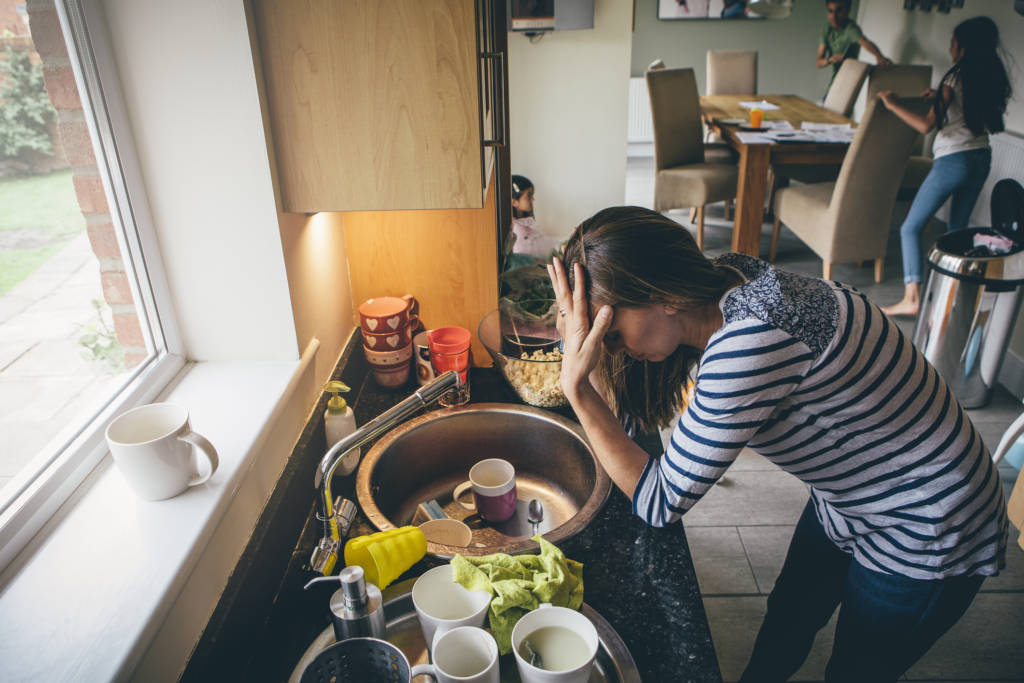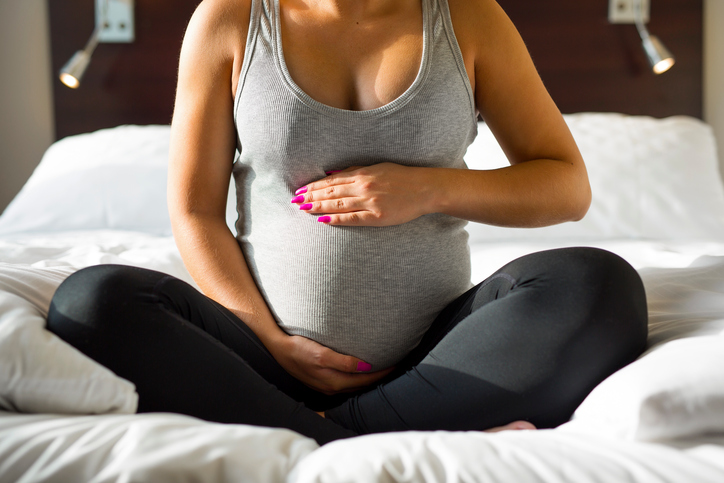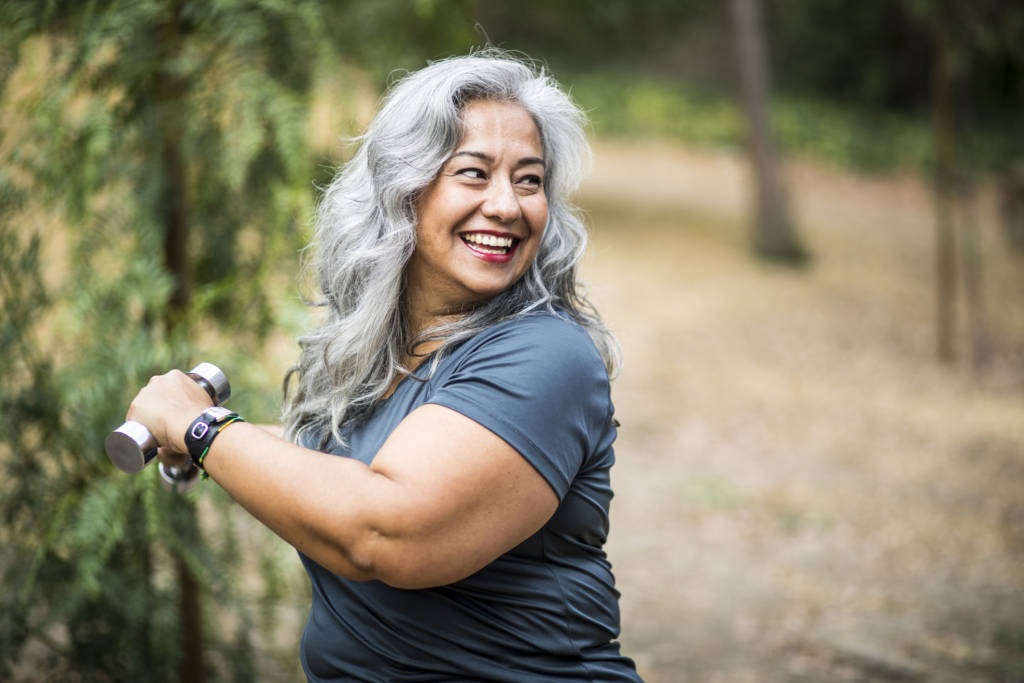What puts you at a higher risk for ovarian cancer?
Ovarian cancer can happen at any age, but most ovarian cancers develop after menopause. Women that have a family history of ovarian cancer or breast cancer have an increased risk. If your mother, sister, or daughter has been diagnosed, you should get checked and often. Women that have babies after 35 or those that have never been pregnant are also at a higher risk. Women that are obese, those with a body mass index of 30 or larger have an increased risk too. Some diseases like endometriosis and fertility drugs, estrogen therapy, and hormone therapy can also increase your risk.
When it comes to ovarian cancer, early detection is critical, which is why it’s so important to have regular women’s health exams. This includes a pelvic exam where the health professional feels the ovaries and uterus for size, shape, and consistency. This can help detect reproductive system cancers at an early stage in some cases. A Pap test is also effective for early detection of cervical cancer, even though it isn’t a test for ovarian cancer. Often, the only thing you can do is talk to your health care provider, especially if you have any of the symptoms listed above, they can run additional tests that are specific to ovarian cancer. The important thing is to not ignore these symptoms and get checked out to rule out any suspicions.






